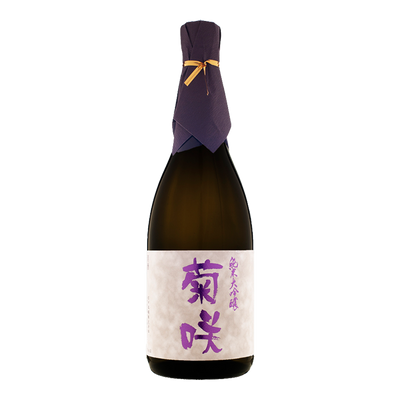Tiny Yeasts Big Flavours
When yeasts are added to sugar, alcohol will be produced, this biological process called Alcoholic Fermentation is how all the alcoholic beverages are made in the first place. Yeasts have their flavours, it is noticeable especially if your beverage is light and delicate such as Sake.
There are thousands of yeast strains, but not all are good for brewing Sake. Before the Ministry of the Treasury's Sake laboratory was founded in Japan in 1905, Sake breweries made their products by all different yeasts. It's the organization analyzed the available yeasts in the country, listed the best ones, named them by numbers, and offered them to the breweries. The overall quality of Sake have been raised significantly since then.
Each yeast has got its own character, number 6, 7, 9, 10, 11 and 14 are more popular among others, while number 7 is the most used one, 60% of all breweries would use it for alcoholic fermentation.
Yeast number 6 is collected from Akita Prefecture, it's strength in fermentation is good for making elegant style Sake. Yeast number 7 is collected from Nagano Prefecture, it's banana-like tropical fruit aromas is distinctive. Yeast number 9 is collected from Kumamoto Prefecture, grapefruit kind of aroma is produced after fast fermentation. Yeast number 10 is from Northeast region, it is suitable for low temperature and long fermentation, which will produce Sake with low acidity. Yeast number 11 is a mutate of number 7, it is the perfect yeast for making dry Sake as it can stand high alcohol level. Sake maker, known as Toji in Japan, sometimes blends two kind of yeasts to achieve diversity of taste.
Sake yeasts are more active around 28 degree Celsius, but if the fermentation is too fast, some of the aromas and tastes will be vanished. Low temperature fermentation was then discovered by Tojis, the Sakes that were made by temperature controlled from 10 to 15 degree Celsius, are considered better than the others. Low temperature fermented Sakes are called Ginjo, if the Seimai-buai (rice polishing ratio) is less than 50%, it is called Daiginjo, which are in a higher grade than Junmai and Honjozo Sakes.






